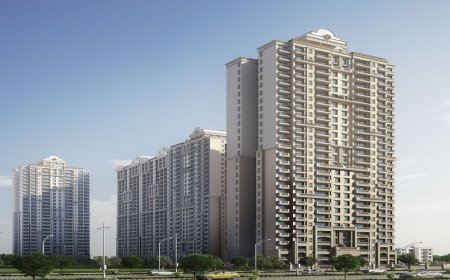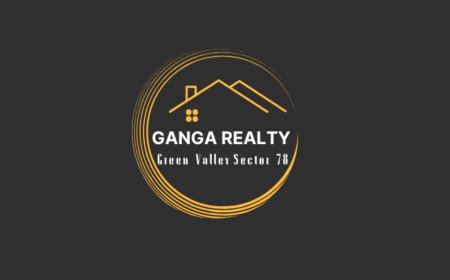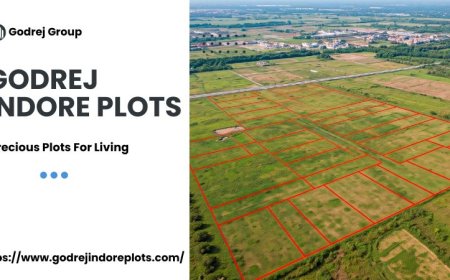Finding Top Real Estate Developers
How to Identify Reputable and Emerging Real Estate Developers: Key Tips and Criteria

When navigating the real estate market, identifying reputable and emerging developers can significantly impact your investment decisions. With a vast array of choices from both seasoned players and newcomers, making an informed choice involves understanding several key factors. Here’s how to find well-known and promising real estate developers for your next property investment:
1. Verify RERA Certification
The Real Estate (Regulation and Development) Act, commonly known as RERA, is a critical benchmark for assessing a developer’s legitimacy. Ensure that the developers you are considering are RERA-registered. This certification guarantees compliance with regulatory standards and provides a safeguard against potential issues such as project delays, incomplete construction, or substandard quality.
2. Assess Developer Credibility
Reputation plays a significant role in real estate. Established developers with a long-standing history, spanning 20-30 years or more, are often seen as more reliable due to their proven track record. While new developers may also deliver quality projects, they come with higher risk. Conduct thorough research into the developer’s past projects, client reviews, and overall reputation before making a decision.
3. Compare Price Points
Brand reputation often comes with a premium. Properties developed by well-known developers tend to be more expensive compared to those from newer entrants in the market. Evaluate your budget and consider whether the higher cost associated with a reputed developer aligns with your investment goals and expectations.
4. Evaluate Construction Quality and Amenities
Established developers are typically associated with superior construction quality and luxurious amenities. Their projects often include advanced features, higher-grade materials, and comprehensive warranties on fittings. Conversely, new developers might offer more competitive pricing but may lack the same level of finish and amenities.
5. Review Maintenance and After-Sales Service
Experienced developers often provide better ongoing maintenance and after-sales support. Look for developers who are known for their commitment to property upkeep and customer service. Established firms frequently assist Residents Welfare Associations (RWAs) in managing community facilities like clubhouses, swimming pools, and play areas, ensuring long-term satisfaction.
6. Consider Resale Value and Market Demand
Properties from well-known developers generally retain higher resale values and attract a broader buyer base. Even in a down market, established developers continue to see transaction activity due to their solid market reputation. If resale value is a significant concern, opting for a reputable developer might be the safer bet. However, savvy investors may still find opportunities with new developers if they are willing to take calculated risks.
By focusing on these criteria, you can navigate the real estate landscape more effectively and choose a developer that aligns with your investment strategy and personal preferences.
What's Your Reaction?























































